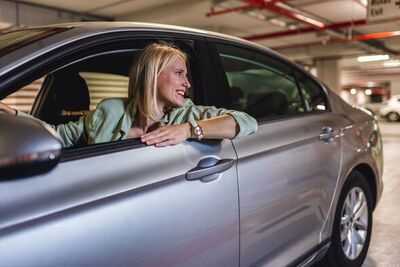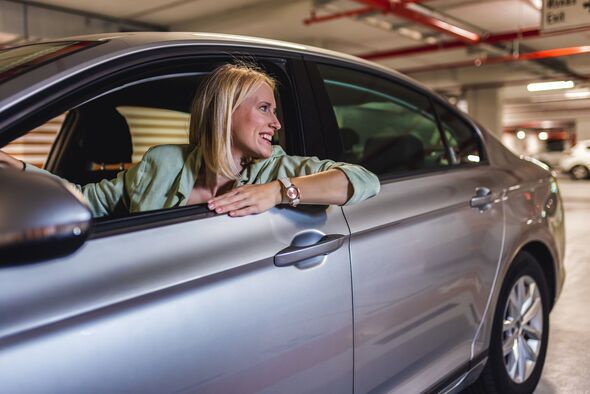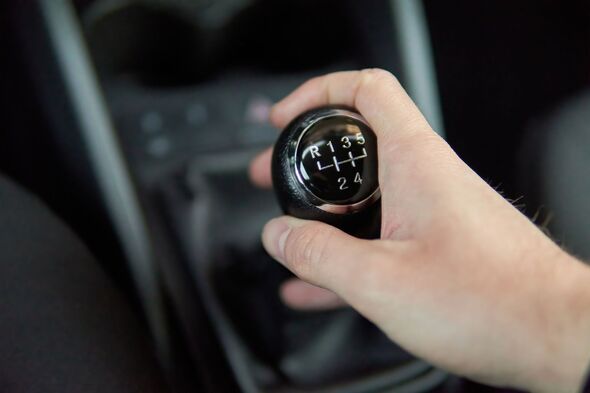

A motoring expert has shared an unusual tip that could help drivers save money the next time they , no matter where they are visiting.
With a significant number of drivers facing and , many Brits are looking for simple tips that can help to lower the cost of motoring - and every little helps.
According to , motorists can slightly improve their by reversing into parking spaces, urging everyone to practice the manoeuvre.
They advised: "If you're , take the time to reverse into the space instead of simply cruising in with front bay parking.
"That's because reversing out of a space will use up more fuel, and it's better to do this manoeuvre with a warm engine. In other words, if you're not confident with reverse parking but want to save on your fuel bill, now might be the time to get a little practice in so that reversing in becomes a habit."

While it may sound strange at first, the reverse gear typically has the highest ratio, meaning that it typically consumes more fuel - particularly when the engine has recently been started and is still cold.
As a result, it is a good idea for drivers to reverse into spaces whilst the engine is still warm in a bid to minimise the amount of fuel consumed when parking.
In addition to boosting fuel economy, this practice can also make leaving parking spaces and driveways safer, with drivers having a better view of their surroundings, reducing the risk of a collision with another road user passing them.
Another simple yet particularly effective way that drivers can improve the fuel economy of their car is by making sure that it is properly maintained.
In particular, motorists should check their tyres every two weeks by using a gauge to check the pressures. By keeping the tyres topped up, motorists can reduce the rolling resistance of the vehicle, meaning less power (and therefore fuel) is required to move the car.
Drivers who fail to look after their tyres could also discover other consequences, including less predictable handling, longer distances required to brake, and even the risk of a blow-out when using the vehicle on lengthy journeys.